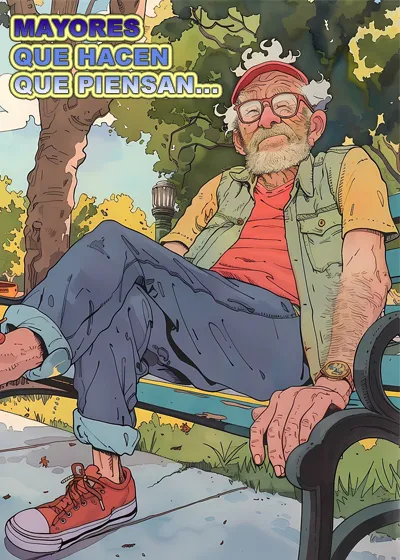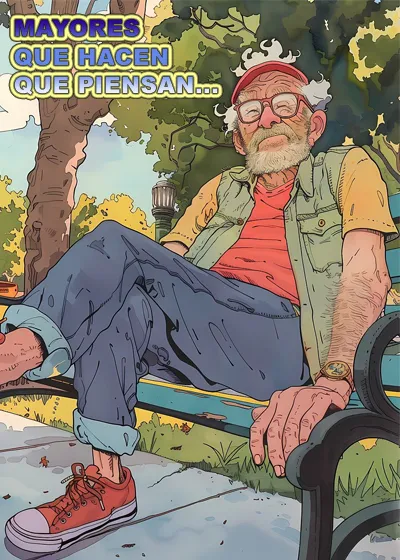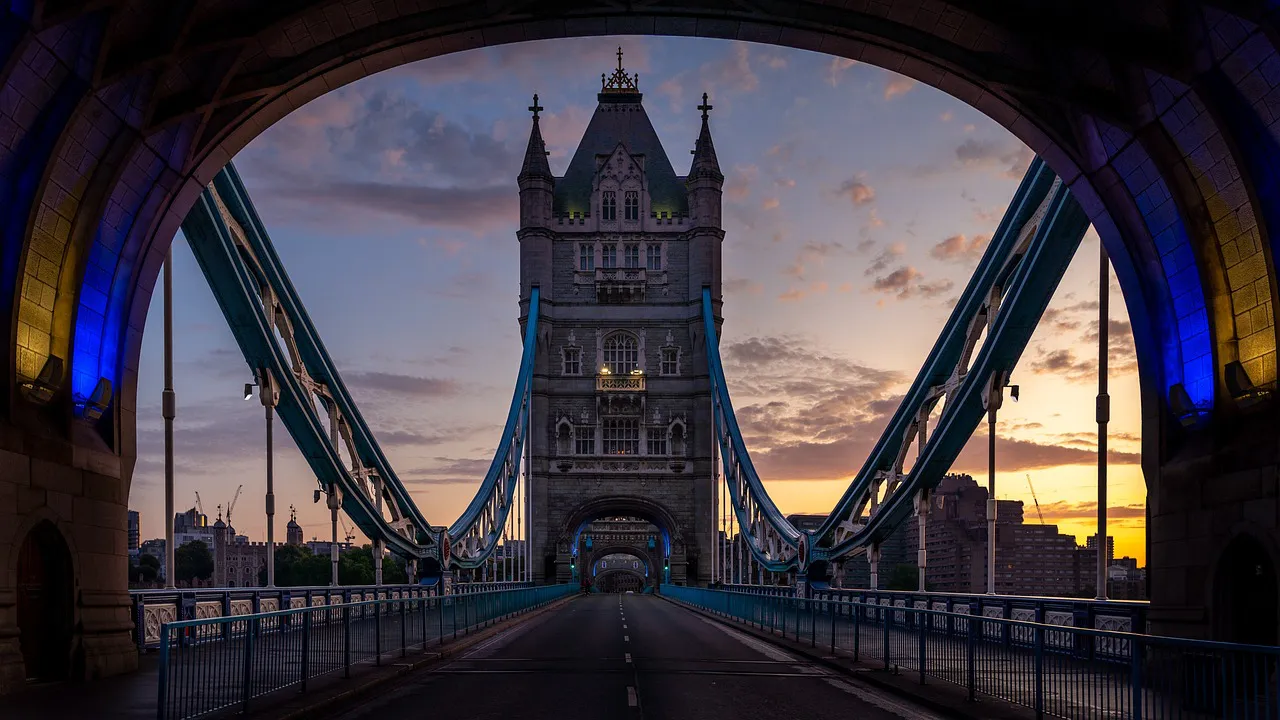
Business over Tapas Nº 580 by Lenox Napier
A digest of this week's Spanish financial, political and social news aimed primarily at Foreign Property Owners: Prepared by Lenox Napier. José Antonio Sierra
News in English24/04/2025 Redacción
Redacción

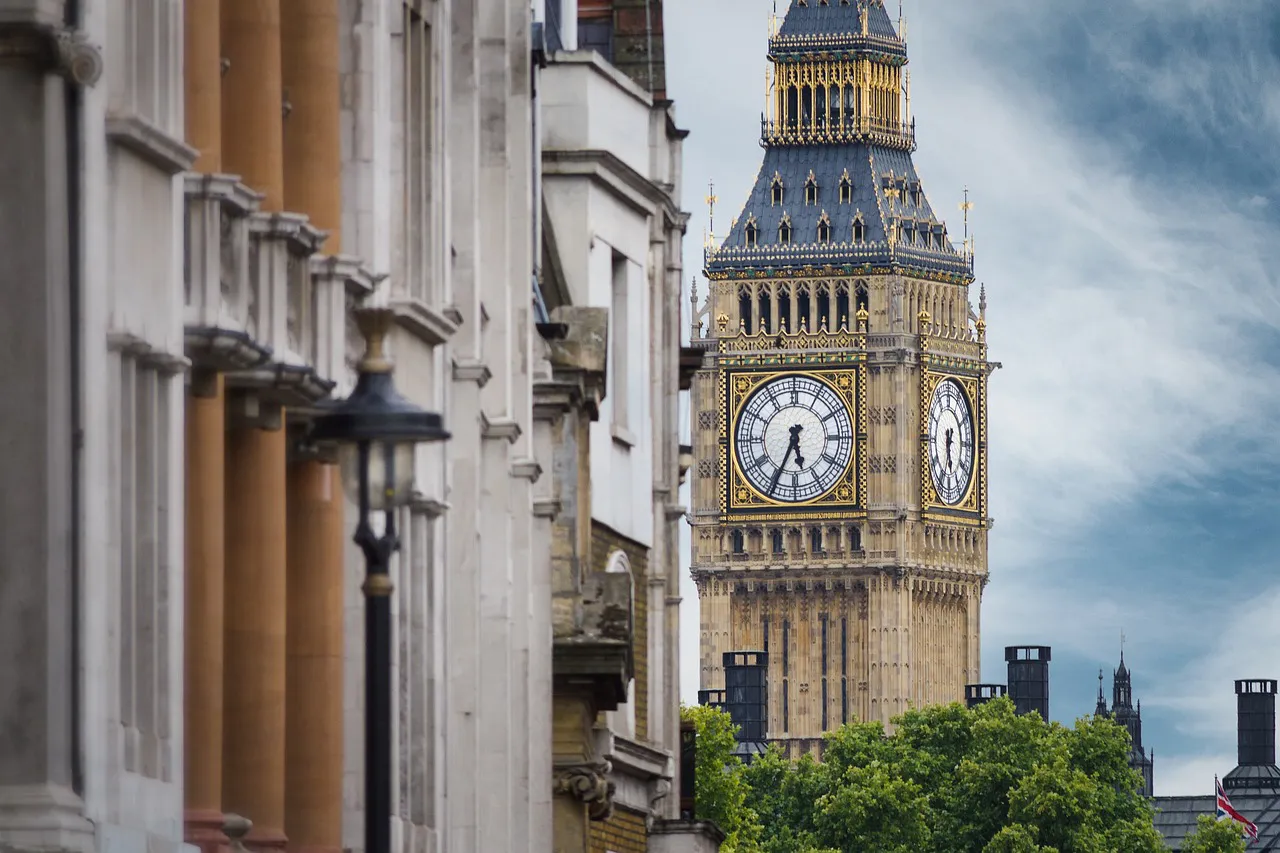
A digest of this week's Spanish financial, political and social news aimed primarily at Foreign Property Owners:


Prepared by Lenox Napier. Consultant: José Antonio Sierra
For subscriptions and other information about this site, go to businessovertapas.com
email: [email protected]
***Now with Facebook Page (Like!)***
Note: Underlined words or phrases are links to the Internet. Right click and press 'Control' on your keyboard to access.
Business over Tapas and its writers are not responsible for unauthorised copying or other improper use of this material.
Subscription and e-mail information in our archives is never released to third parties.
*Estoy de viaje next week. Business over Tapas returns on May 8th.
Essay:
In the old days, before the passing of Franco, the bars closed at 1.00am. Most of them no doubt closed a lot earlier, right after the black and white football game on the telly ended, but the bars in the tourist towns at least, would remain open for the boozy foreigners until the bell went. By the late sixties, prices for a gin and tonic had crept up to fourteen pesetas, and a beer cost anything up to a duro – five pesetas. Our town lush, Old Antonio, would patrol the bars in Mojácar on the lookout for a drink, appearing more and more dishevelled after each invitación. ‘Rubio, dame un duro’, he’d whine.
The local bars were dressed in simple stone, marble, slate, tiles and plaster. There might be a calendar for decoration, the obligatory shelf of bottles, Green Fish gin and so on, perhaps a TV or a radio or a juke box – or with luck, all three. Noise was the keynote of a good bar, with the walls rebounding the sound and lifting it on high.
The few foreign bars would be decorated with paintings from local artists (who always attempted to drink for free) and would have the lights on low. Music came from a record player.
By 1.00am, those who wished to continue with the business of drinking would move to our solitary discothèque, run by Felipe, a Frenchman from Casablanca. Felipe would charge a little more for a cubata, the generic name for a mixed drink, but he had a disk jockey and a dance floor. At 2.00am, according to the rules, he’d close the door and pretend to be shut while we finished our drinks.
This could take some time, as the next legal establishment, the Fisherman’s Bar in nearby Garrucha, didn’t open until three.
In those days, the local Guardia Civil had to provide their own transport, which would generally be an old moped. They wouldn’t bother hiding behind a road-sign to catch the occasional drunk driver – we would be too fast for them and they couldn’t stop you without ‘probable cause’ anyway. At best, they might be in the village watching the small car-park and helping drivers reverse safely out of their space and away down the hill.
The trip to Garrucha took about fifteen minutes and included a drive through the dust, ruts, or puddles, depending on the season, of the floor of the riverbed, the oddly named ‘Rio de Aguas’ that, in those days, more or less divided the two towns geographically.
Garrucha High Street was and remains a narrow and ugly road that flows straight through the fishing village and away towards Vera and civilization to the north. In those times, it was a two-way street. Halfway down it was the Bar Bichito, a bar with a special licence to open at 3.00am for the fishermen to have an early morning carajillo, a black coffee and brandy. This particular mixture always seemed like a good idea to the inebriates from Mojácar who would order a round as a song began to bubble up from within them.
Hitherto, the drinking had been reasonably quiet, with the music taking the strain, but in the Bichito, fetchingly designed in white tile throughout and known to the foreigners as ‘The Lavatory Bar’, there was no music whatsoever and entertainment had to be found elsewhere. The bar made the ordinary local establishments of the times look positively attractive. The door was on the end and opened into a narrow bar which stretched along in an 'el' shape parallel to the street. There were two small tables and a few chairs just inside the door, and, if feeling faint, one could always sit outside on the curb. Otherwise, we stood at the chest-high bar (or even higher for some of the vertically challenged local fishermen), blinded by the bright lights and namesake decor and watched, between songs, as Pedro man-handled his one-spout Italian coffee machine. The toilet facility, a throne with a long drop, was through the back and doubled as a storage room for the beer and soft drinks.
The fishermen and the old municipal cop would look on in a friendly way as the small group of plastered Britons, French, Germans and Americans, depending on the draw, would start on their lengthy repertoire. A family favourite of ours was ‘I Wonder Who’s Kissing Her Now’ (an old song immortalised in the late sixties by the New Vaudeville Band) followed, perhaps, by the popular drunken bawl ‘I’ve Got Sixpence’ or perhaps ‘Bless Em All’. A cockney couple, Pat and Tony Farr, had taught us a number of appropriate songs, such as ‘I’m One of the Ruins that Cromwell Knocked Abaht a Bit’ or ‘I’m Henry the Eighth I Am’ and so on.
More carajillos as Pedro, face pitted with acne, would tell everyone to hsss, to be quiet. People are trying to sleep (apparently).
Things could only get worse as the Rugby Songs were unleashed. Rugby Songs are England’s answer to folk music and run along the lines of ‘My Little Sister Lily’ or ‘They Were Tattered, They Were Torn…’ with lots of lines ending in the F-bomb and so on. Curiously, many of them are set to opera music, which gives the performers a chance to really crank out the key words with enthusiasm. At times, even the extranjeros can be loud.
The ride home was always uneventful I’m sorry to report. No accidents or arrests. But those were different times. Cheap, basic and fun.
…...
Housing:
The best city of live in Spain (and indeed, the world apparently)? El Economista quotes the Expat City Ranking 2022 from InterNations, and says Valencia.
Places which could be turned into homes include those abandoned or unused basement shops under the apartment blocks. Sometimes these are utilised – a little cheaper, maybe a bit less secure, but an opportunity for some. From Xataca comes another possible answer to the housing crisis: ‘Deindustrialization has filled Europe with unused factories. Some believe they could pose a solution’.
From Spanish Property Insight here: ‘Foreign demand for Galician property surges in 2024. Over 1,000 transactions in 2024, a 22.5% jump from the previous year, mark a significant uptick in foreign interest in the Galician property market—outpacing even Madrid’. The first and obvious attraction of Galicia is that it isn’t as hot (and getting hotter) as the south of Spain. ‘The region’s enduring appeal—think rugged coastlines, lush countryside, and historic charm—appears to be resonating more and more with overseas buyers hunting for a slice of authentic Spain…’ says the article.
…...
Tourism:
El Huff Post brings us ‘Barcelona finally turns its back on tourists’ We read: "We feel quite invaded. There's a limit," says Joan Albert Riu Fortuny, a lifelong resident. That limit seems to have been reached. Barcelona, like Amsterdam or Bali, depends economically on tourism, which represents 14% of its economy and employs 150,000 people, but at the same time it suffers from it’…
…...
Finance:
From El País here: ‘Spain is better equipped than most for the trade war: coincidence or Iberian exception? The sector is less exposed to the direct impact of the US protectionist wave, but it could end up being hit by second-round effects’. Spain imports more from the US than it sends, giving the country a certain advantage. The article says: ‘…Analogies cannot be drawn with recent crises, of different origins and natures, without considering the unpredictability of the new head of the Oval Office which can only complicate forecasts. What is clear is that Spain has reduced its vulnerabilities over the last decade and is now going against the grain in a climate of global slowdown. Employment and consumption are driving growth; foreign imbalances have narrowed; European funds are revitalizing investment. Tourism, a major driver of activity and at the same time an Achilles heel due to its highly pro-cyclical nature, should not falter in the face of trade tensions, nor are new inflationary flare-ups expected in a limping Europe that has just led the ECB to make another rate cut…’
From Europa Press here: ‘The IMF lowers its forecasts across the board due to the trade war, except for Spain which is expected to grow this year by 2.5%, three times more than the eurozone (0.8%) and more than the US (1.8%)’.
…...
Politics:
From El Plural here: ‘The Government bids farewell to Pope Francis: "A man of peace". Several figures in the coalition government have expressed their condolences to "Christianity" and praised the figure of the Supreme Pontiff’. Pedro Sánchez on Twitter: "I mourn the passing of Pope Francis. His commitment to peace, social justice, and the most vulnerable leaves a profound legacy. May he rest in peace". King Felipe VI and Queen Letizia will lead the Spanish delegation. President Sánchez will however not attend Pope Francis' funeral. Vice-Presidents María Jesús Montero and Yolanda Díaz together with the Justice Minister Félix Bolaños will represent the government. Feijóo will also be there.
President Sánchez announces 10,471 million euros in defence investment to reach 2% of GDP this year. The industrial and technological plan will be financed through the budget, without recourse to debt. The government aims for it to contribute to a GDP increase of between 0.4 and 0.7 percentage points and create 100,000 jobs says El Confidencial here.
‘Feijóo's 'no means no': the PP votes against government decrees to address crisis situations. The opposition leader presented himself as a leader of consensus and a champion of moderation when he arrived in Madrid in 2022, but since then he has opposed all social aid, and his rivalry with Vox now leads him to leave the vote on the plan to address Trump's tariffs up in the air’. Opinion from elDiario.es here.
Alberto Núñez Feijoo has several weak spots – including Valencia’s Carlos Mazón (who really should be getting on his bike) and Madrid’s Isabel Díaz Ayuso and her me gusta la fruta. Something is bound to give. From Público here, a talking head on La Sexta says of Mazón and Feijóo's situation: "Two people hugging each other often fall together" (video).
Every day, far-right idiots gather outside the head offices of the PSOE shouting insults and threats. Since this is Madrid, run by Ayuso, the police do nothing. From Público here: ‘"Ferraz must be burned down with them inside": the threats from Franco-supporters are ignored by the police. The far-right activists who gather every evening at the corner of the PSOE headquarters in Calle Ferraz in Madrid hurl all kinds of insults at the Presidente and other left-wing politicians’.
From elDiario.es here and here. The two other MEPs in the Se Acabó la Fiesta ultra party are considering legal action against the party-leader Alvise Pérez for suggesting that they had been bought off by the arms lobby. Diego Solier and Nora Junco reject the SALF leader's remarks, which claims he has asked for explanations for the difference in votes related to the rearmament plan. "I wonder if some lobbyists came behind me and bought two of my MEPs" says Alvise. The candidacy, led by Alvise Pérez and whose financing is under investigation by the Supreme Court, won three MEPs in the last European elections. From El Mundo here: ‘The Se Acabó la Fiesta MEPs Diego Solier and Nora Junco are distancing themselves from Alvise's political party and are considering legal action for his "defamatory statements"’.
…...
Health:
Friends, we are getting fat! From ImMédico here: ‘Overweight triples in Spain in just one decade. Primary care services register more than 1.3 million overweight people treated in the Spanish healthcare system. A figure that has tripled in the last 10 years’. It says that more than half of the adult population is overweight, a problem that has grown exponentially in recent years. According to data from the National Institute of Statistics, 40% of Spanish adults are overweight and 17% are obese’.
‘At elDiario.es, we have accessed internal emails and messages from a privatized hospital in Madrid where management is pressuring staff to operate on patients from public centres to increase revenue. Details’.
…...
Corruption:
The mistake on your electricity and gas bills that's causing your receipts to double: "The solution isn't simple", says 20Minutos here.
We read ‘These days, it's common for consumers to switch electricity and gas supply companies, lured by discounts and rates offered by competitors. But there are times when a simple change of supplier, which shouldn't present any major problems, can turn into a real nightmare.
This is what happens when a company allows you to initiate a change of supplier based on your home's postal address instead of using the CUPS (Código Unificado de Puntos de Suministro, or Unified Supply Point Code) as a reference. "This number facilitates the management and control of all supplies nationwide. In other words: the CUPS is like the ID of your home or business," Iberdrola explains on its website…’
From Sur in English here: ‘Movistar warns of a new scam that affects everyone, and not just its own customers. The company has warned of a massive campaign of fake 'phishing' emails being sent in the name of the Spanish telecom giant’. We read that ‘A report from October 2024 revealed that almost half the people in Spain had been victims of a cyber scam (or attempted scam) in the last year. One of the most widespread fraud techniques is 'phishing', used to obtain confidential information from users, or to install malicious software ('malware') on their devices…’
…...
Courts:
Our boy Judge Peinado has been going for a full year against Begoña Gómez without finding anything, despite having interrogated thirty three people. Although the original complaint was made by Manos Limpias using fake news and newspaper clippings, the judge has extended his scrutiny a further six months says El Plural here. From Meneame, we read that the judge isn’t really a proper judge, since he was a legal clerk and never took las oposiciones (judges’ exam) and came to his post through the rear door (Video on Twitter).
…...
Media:
LaLiga has been blocking a lot of websites for over a month now. ‘Cloudflare's IP addresses are now being blocked during football games. This is one of the most insane things I've seen in a long time’, says a video in English on YouTube here. More on this odd situation at Banda Ancha here with ‘Vercel accuses LaLiga of censorship, and Quic.cloud shuts down its nodes in Spain’ and La Conquista del Feed here: ‘LaLiga, a court ruling, and the operators are responsible for indiscriminately blocking websites in Spain for the past two months, claiming to fight piracy. The government looks the other way, but people are already organizing…’
Isabel Díaz Ayuso announces the opening of a new metro line and station for Madrid, and then she cancels the event once she learns that Óscar Puente, the Minister of Transport, says that he’d be there. We read here ‘The Minister of Transport accused Ayuso this Monday of cancelling the inauguration of a Madrid Metro expansion to conceal the fact that the government financed it with EU recovery funds’. Puente later recorded a succinct video about the issue, recalling that the PP had gone to the European Commission to try to prevent recovery funds from reaching Spain.
The daily audience of news sites on the Internet here. Some odd ones, for sure.
From elDiario.es here: ‘The international Christian community is still mourning his death, but Federico Jiménez Losantos (a popular far-right broadcaster) didn't want to wait more than 24 hours to give his opinion. "He's finally left us," he said, relieved, on his morning program on esRadio. "I say he's left us, but he hasn't left us in peace," he added. Other popular far-right pundits glad to see the end of Pope Francis are listed at Público here.
Opinion from Ara here: ‘A section on the front page of La Razón reports the following: "The Socialists want to introduce an anti-Franco plan into the school curriculum". Unacceptable! Intolerable! Whatever next? The fact that they consider teaching that a dictatorship is not an acceptable political system clearly demonstrates the intellectual foundation that nourishes this particular medium. The fact that they consider it a crime to show all the repression and suppression of rights that Franco's regime entailed implies taking a very specific side of history. And it's not a friendly side. The subtitle is: "Sánchez seeks to introduce his anti-Franco plan" into schools…’
A journalist from Diario Red has been threatened with photos of his family for revealing the identity of the leadership of the neo-Nazi organisation Núcleo Nacional. From the same source, a list of names of the leaders of this group here.
Another day, another bulo. This one, says Maldita, claims that Begoña Gómez is trying to get citizenship from the Dominican Republic. It’ll probably be in OKDiario tomorrow…
…...
Ecology:
The Revista Jara y Sedal is the go-to place for hunting and shooting and is often seen to be far-right (think Vox). However, it’s a useful source for environmental issues. Here, they complain (once again) about the ecologists who are often city-folk with little experience of el campo. ‘Environmentalists who successfully banned hunting in national parks now complain that wild boars are destroying protected birds in Doñana’.
‘We rarely mention it, but Spain is a country of aquifers. According to data from the Ministry of Ecological Transition, these cover more than 90% of the national territory. Two out of every ten Spaniards depend on them for their water supply. In this context, it is still worrying that the country has been overexploiting them for decades, polluting them, and even causing them to disappear. And, nota bene, between 20,000 and 30,000 cubic hectometres of water come from them…’ Is there any way to save them? Xataca has a story here: ‘Spain has a huge problem with contaminated water. These researchers believe the solution is poplars. While aquifers across Spain have been in very poor condition for years, something was protecting the largest aquifer in the province of Granada’. The roots of the poplar tree apparently have a terrific filter system for nitrates and other impurities.
From El País in English here: ‘70% of flood deaths in Europe in 2024 occurred in the Valencia floodplain. A report by Copernicus and the World Meteorological Organization warns of an increased risk of torrential rains on the continent, where warming is progressing faster than in other regions’.
…...
Various:
An article on the American base of Rota in Cádiz with Xataca here. ‘In 1953, the United States decided to establish a naval base in Rota. This former farming town now houses the most important U.S. naval base in Europe, the cornerstone of the anti-missile shield protecting the continent. Now, the facility faces its future with uncertainty. Europe is observing with concern a situation that transcends local geopolitics and poses an existential dilemma for continental defence...’ In short, The Trump Factor. We read elsewhere, ‘Goodbye to Rota? The possible transfer of US troops to Morocco reopens the debate on European strategic autonomy’.
El Mundo brings ‘Spanish students 'cancelled' by the Trump administration: "They take away your visa and your status in an instant, and you become illegal in the US." Students and interns with residency permits in the country report that they are victims of a mass cancellation of residency and work permits without just cause’.
InSpain News has ‘The shifting trend in Spanish cycling. From pandemic surge to declining sales’. Aww, and with all those new cycling lanes they keep building.
Some good news – ‘manipulated’ motorcycle exhausts are to be controlled and fined if they are too loud. The kids call them ‘trucado’. The story here.
From The Guardian here: ‘How two centuries of British writers helped forge our view of Spain. Laurie Lee and Robert Graves among ‘English-speaking Quixotes’ in a new book celebrating literary love for all things Spanish called Los curiosos impertinentes: hispanófilos británicos de los siglos XIX-XXI (The Annoyingly Curious: British Hispanophiles from the 19th Century to the 21st Century), that explores the UK’s enduring fascination with Spain and reflects on how two centuries of travel writing have shaped the country’s image abroad...’ The article appears to be based on a piece in Letras Libres here.
…...
See Spain:
National Geographic brings us ‘the medieval castle in Galicia that houses a garden unique in Spain: the Castillo de Soutomaior in Pontevedra’. Nice photos.
…...
Finally:
Celia Cruz - La Negra Tiene Tumbao – on YouTube here.




A digest of this week's Spanish financial, political and social news aimed primarily at Foreign Property Owners: Prepared by Lenox Napier. José Antonio Sierra
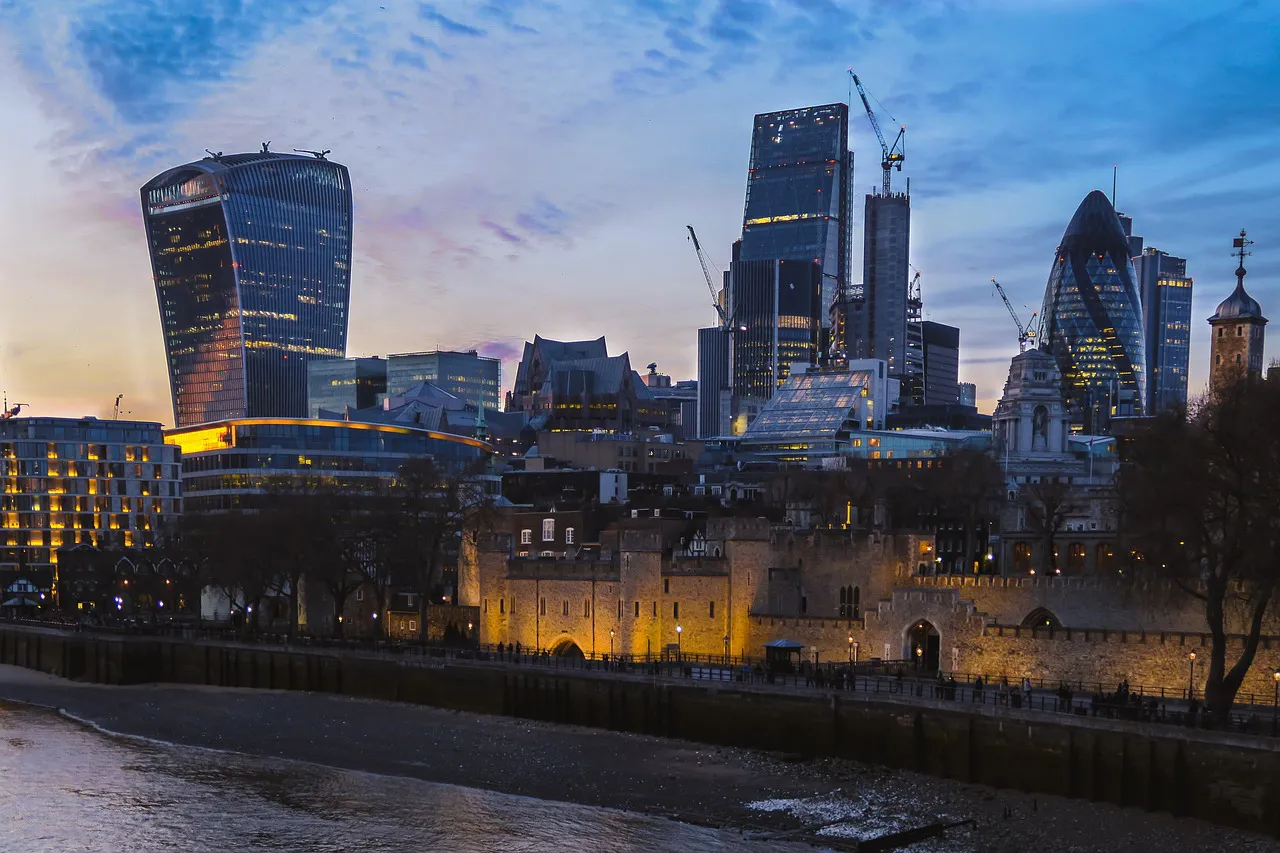
A digest of this week's Spanish financial, political and social news aimed primarily at Foreign Property Owners: Prepared by Lenox Napier. José Antonio Sierra

A digest of this week's Spanish financial, political and social news aimed primarily at Foreign Property Owners: Prepared by Lenox Napier. José Antonio Sierra

A digest of this week's Spanish financial, political and social news aimed primarily at Foreign Property Owners: Prepared by Lenox Napier. José Antonio Sierra

A digest of this week's Spanish financial, political and social news aimed primarily at Foreign Property Owners: Prepared by Lenox Napier. José Antonio Sierra





Philip Rivers vuelve a escena: los Colts lo firman al practice squad y se reabre la puerta a su regreso a la NFL
La NFL amaneció con un giro inesperado: Philip Rivers, uno de los quarterbacks más emblemáticos del siglo XXI, ha sido incorporado oficialmente al practice squad de los Indianapolis Colts, según confirmó la franquicia tras una jornada marcada por lesiones en la posición de quarterback. El movimiento reaviva la posibilidad de que el veterano pasador de 44 años vuelva a jugar un partido profesional más de cuatro años después de su retirada.
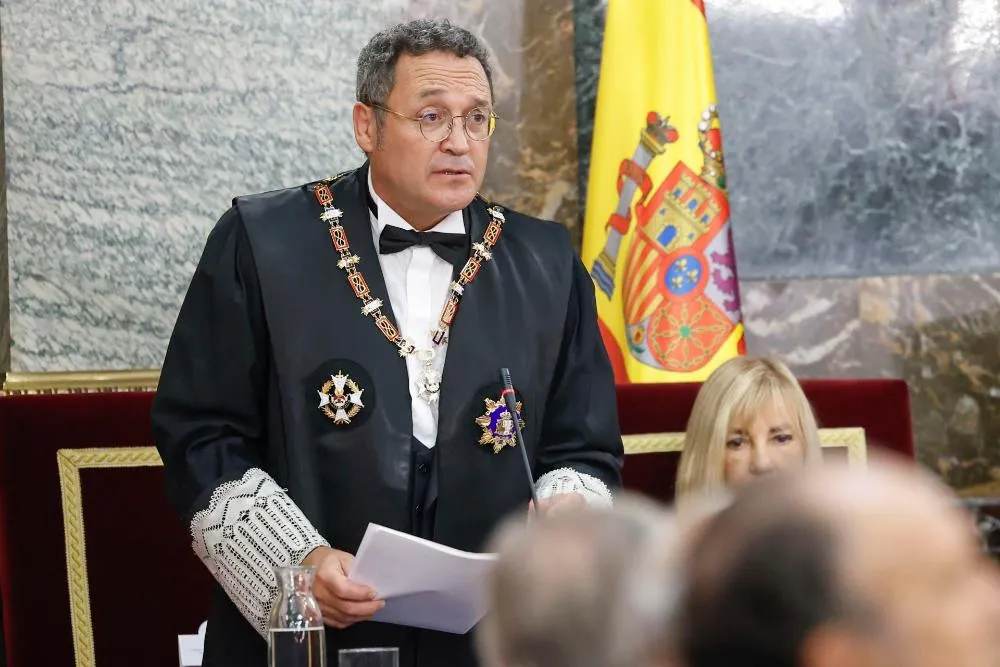

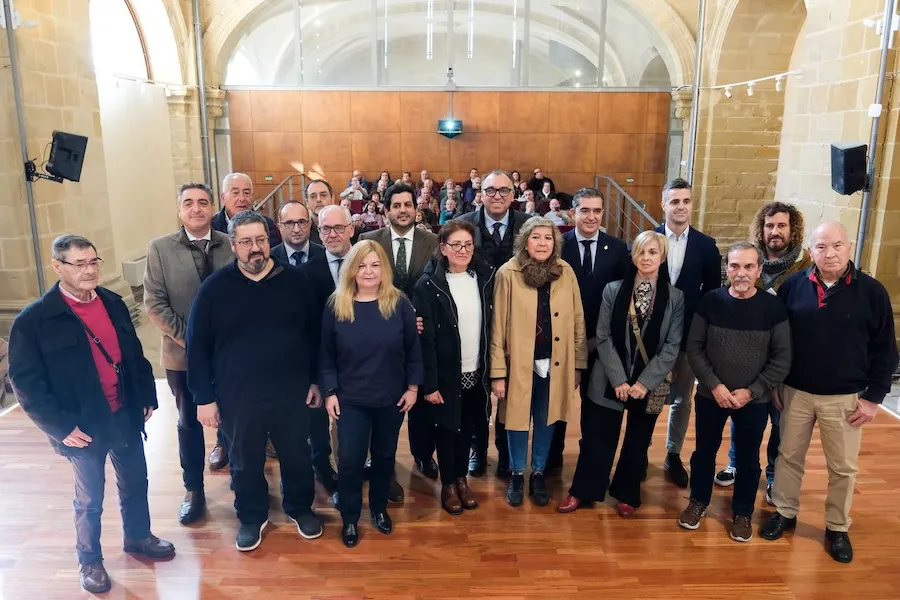
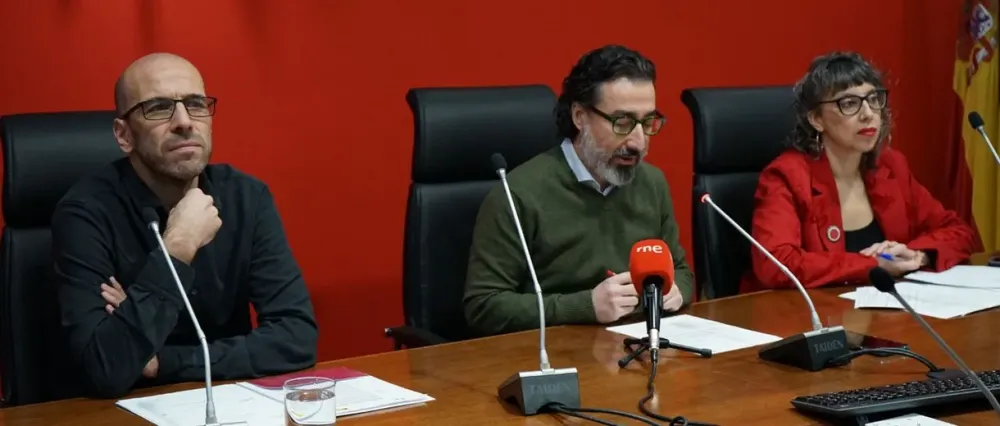
Según la Red de Pobreza






